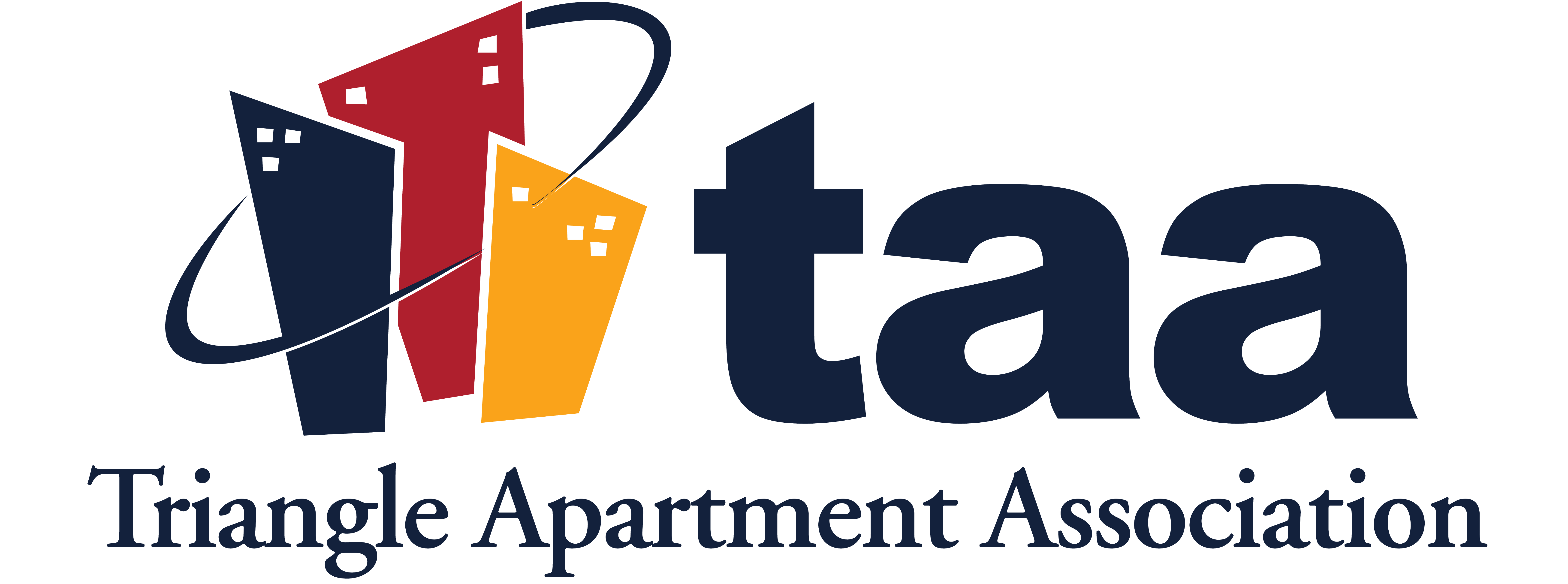TAA's Letter to US Senators
Over the last few months, the National Apartment Association has been sounding the alarm about a possible extension of the federal eviction moratorium, and the potential exclusion of rental assistance from a potential federal aide package. Earlier this week, NAA asked affiliate members across the country to reach out to their US Senators to let them know about the devastating effect this would have on the multifamily industry. In response to this call to action, the leadership at TAA was able to quickly draft and deliver a letter outlining our concerns and advocating on behalf of our members. The letter can be found below and we want to assure our members that we are in continuing conversation with our Senators on this critical issue.
August 3, 2020
Hon. Thom Tillis
U.S. Senator, North Carolina
113 Dirksen Senate Office Building
Washington, DC 20510
Hon. Richard Burr
U.S. Senator, North Carolina
217 Russell Senate Office Building
Washington, DC 20510
Dear Senators Burr and Tillis,
On behalf of the 1148 members of the Triangle Apartment Association who represent 148,000 rental homes and thousands of employees in your state, I am writing to urge your support for additional Congressional action on the COVID-19 emergency. The bipartisan efforts to date have mitigated some of the worst potential outcomes for renters and housing providers. However, as financial assistance provided under the Coronavirus Aid, Relief, and Economic Security Act (CARES Act) expires, Congress must act again to protect renters and the housing ecosystem overall.
We urge you to include emergency rental assistance targeted to those impacted by COVID-19 in the next federal package and forego any extension of the CARES Act eviction moratorium. Unlike rental assistance, a prolonged eviction moratorium does not solve renters’ ongoing financial instability and puts properties in greater financial jeopardy.
Emergency rental assistance is a top priority for the rental housing industry and crucial to the stability of the entire housing infrastructure. We expect a significant number of residents will continue to be negatively affected by the pandemic, inhibiting their ability to pay their rent. For example:
- The National Apartment Association (NAA) gathered rent collections information for seventeen states from its July member survey. Class C properties, a vital component of naturally-occurring affordable housing or workforce housing, were found to be the most vulnerable in terms of delinquencies. From March through June, owners whose portfolio was predominantly comprised of Class C properties collected 88 percent of rent, on average, compared to 96 percent for Class A properties. Thus far, April collections were the lowest at 86 percent, suggesting residents had difficulty making rent payments prior to receiving their stimulus checks and/or receiving unemployment insurance benefits. The Class C finding was similar to other studies produced by LeaseLock and RealPage, showing significant differences in rent collections based on class of property.
- Research by LeaseLock has found that halfway through July, Class C rent payments have remained alarmingly low. The percentage of rent collected at Class C properties has dipped 17 percentage points compared to the same period in June.
Emergency rental assistance paid directly to housing providers, as done with existing federal housing assistance, and delivered through the most efficient and effective channels ensures providers, especially small operators, can continue to pay their bills and keep rental housing operational.
Unlike rental assistance, the contemplated extension of the CARES Act eviction moratorium does not solve renters’ ongoing financial instability and would put properties in greater financial jeopardy. Outstanding balances compound month-after-month, increasing the risk that renters will be unable to catch up and ultimately lose their housing. An extension further prolongs economic uncertainty for housing providers and undermines their ability to manage costs in a reasonable way. Finally, the ambiguous language of the CARES Act moratorium must be clarified by Congress, as it is inconsistent with local eviction laws, complicates compliance for housing providers and interferes with efforts to help renters.
Finally, we urge you to help owners and operators maintain housing operations during the crisis through:
- Targeted liability protections from COVID-19-related litigation for apartment firms that work to follow applicable public health guidelines in reopening;
- Expanded access to the Small Business Administration’s (SBA) Paycheck Protection Program (PPP) for all multifamily businesses; and 501(C) associations and
- Broader availability of mortgage forbearance protections.
As the pandemic emergency continues, we hope Congress will take the steps noted above to ensure the financial stability of renters and housing providers alike. This kind of comprehensive and well-balanced housing policy can assist both residents and property owners, and we remain committed to working with you to achieve this goal. Thank you again for your work to date in responding to the COVID-19 crisis and for your consideration of our needs.
Sincerely,

Josie Eatmon
Executive Director
Triangle Apartment Association
